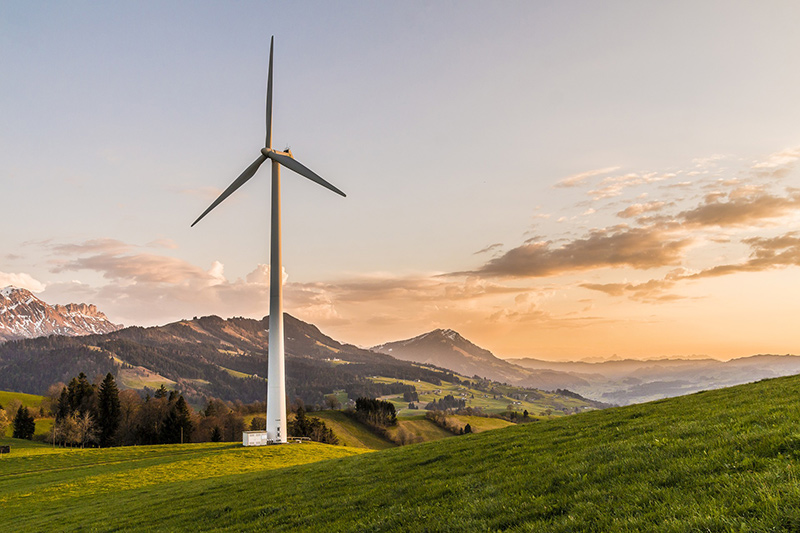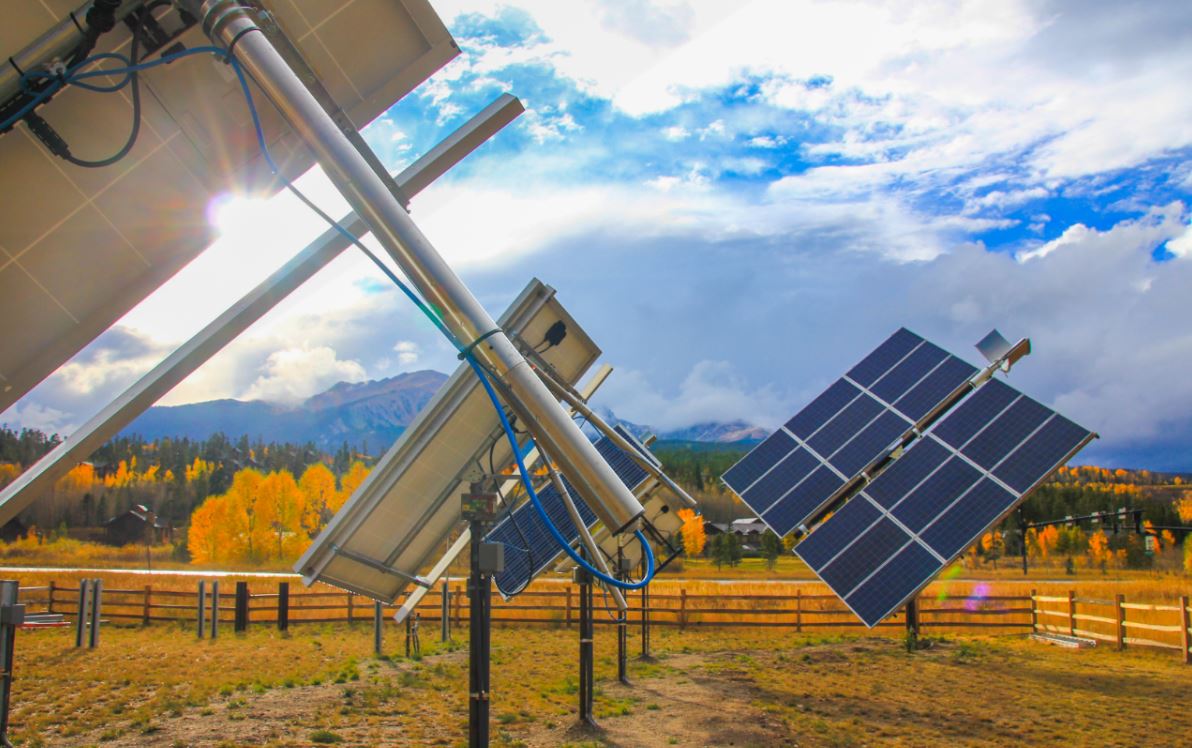
Dear Eartha, I’ve heard multiple “green energy” terms tossed around recently. What’s the difference between clean energy and renewable energy, and what are the benefits? – Martha, Dillon
Thanks for your question, Martha. While the terms “clean energy” and “renewable energy” are often interchangeable, they don’t necessarily mean the same thing all of the time. Clean energy refers to any source of power that does not pollute or harm the environment and focuses on reducing carbon emissions as a method of counteracting “dirty energy.” Dirty energy is generated by burning fossil fuels such as coal, and as a result, releases carbon pollution which warms the atmosphere and alters the global climate. Renewable energy, on the other hand, is any type of energy which comes from renewable natural resources, such as wind, water, and sunlight, and is considered “renewable” because it doesn’t run out. You can always get more of it.
So, are there clean energy sources that aren’t renewable? As a matter of fact, yes. Nuclear energy often falls in this category, because it doesn’t create carbon emissions. However, clean is in the eye of the beholder as nuclear energy generates radioactive waste that has to be cooled and stored safely to prevent radiation from escaping into the environment. Conversely, not all renewable energy is clean. For example, some geothermal energy processes can be harmful to the environment. Furthermore, biofuels are controversial because land that could be used to grow food is used for plants for ethanol or biodiesel instead. Demand for biofuels can also lead to deforestation.

These exceptions notwithstanding, most of the time, clean energy and renewable energy are one and the same. Consider, for example, solar power. Solar systems capture the sun’s energy and turn it into electricity that can be used to heat or cool your home, heat water, or power your devices. Solar is clean energy because it does not emit any greenhouse gases, and it is renewable because it will exist until the sun goes supernova –and then we’ve got even bigger problems. You can even store solar energy for nighttime and cloudy days. Other examples of clean and renewable energy include wind, hydro, and tidal.
While not too long ago some of these ideas seemed far-fetched, the era of renewable energy has arrived. Not only are there are a multitude of environmental benefits that accompany the use of clean and renewable energy, but there are several economic benefits as well.
Let’s start with the environmental benefits. Using clean and renewable resources for both energy and transportation can help in the following ways:
• No post-manufacturing emission of carbon dioxide, nitrogen oxides, mercury, or sulfur dioxide into the air, soil or water. This not only helps the planet but human health as well. Some commonly cited impacts of these pollutants include climate change, smog, mercury poisoning, acid rain and respiratory disease.
• No land degradation and habitat destruction from mining and extraction.
• Most forms of renewable energy consume little to no water.
While the environmental benefits are important, many folks respond better to economic arguments. Here, renewables look just as bright. Consider these economic benefits:
• Support America’s energy independence with a locally obtained energy source.
• Bring development to rural areas to take advantage of the ample space and resource potential.
• Create employment opportunities in the clean energy sector in the U.S. Currently, the clean energy industry employs roughly 777,000 people, with the solar and wind sectors seeing the most rapid growth. Jobs are also available in creating solutions for energy storage, increasing building energy efficiency, and manufacturing electric vehicles.
Millions of Americans are already reaping the benefits of clean and renewable energy, not just in the growth of the energy sector and its new jobs and opportunities, but also in cleaner air and lower energy bills. If we want to save the planet for our children and for the plants and animals that are vital to healthy ecosystems, clean and renewable energy can make a big difference.

